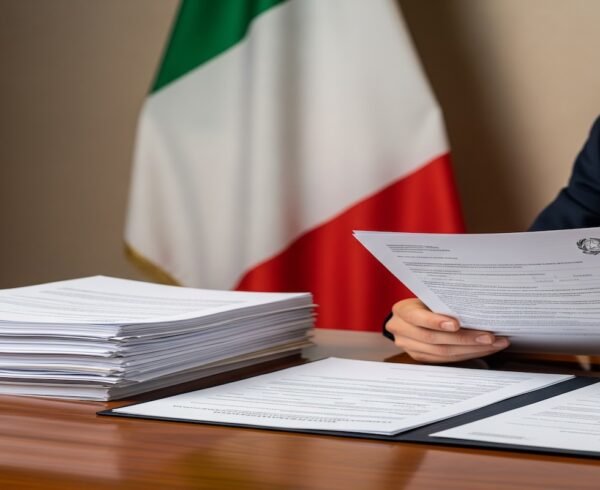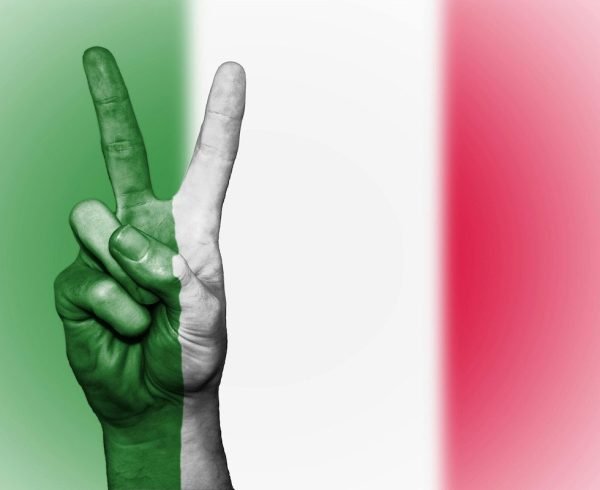Competition and Antitrust Law
The EU Commission has fined Google Inc. for its Abuse of Dominant Position and the infringement of EU Competition and Antitrust Law. The €2.4 billion fine was imposed for the Google Shopping service. The EU argues that the position at the top of the Google search results page goes to those companies that have paid 95% more for user clicks compared to other non-sponsored competing products.
Predatory behaviour and abuse of dominant position. Competition Antitrust Law . EU Law.
An abuse of dominant position and infringement of competition and antitrust law occur when a company, due to the possibility to behave independently of competitors, suppliers and consumers, exploits its freedom with the aim at altering the relevant market (EU Commission – Notice 97/C 372/03: – Competition and Antitrust Law – Definition of relevant market page 5). EU law does not prohibit dominant positions as such, but its abuse to the detriment of consumers (and the other market players), when a company prevents competitors from operating on the market (Abuse of dominant position. Article 102 Treaty on the Functioning of the European Union). The EU Commission says that Google holds a Dominant Position in the search advertising and advertising sales market, and that Google altered this specific market, behaving more favourably with its partners, to the detriment of consumers. The allegations of violation of competition and antitrust law also concern the Android, the Chrome Web browser and the AdWords/AdSense systems. Google is also accused of violating the laws on the protection of intellectual property when using copyrighted content.
Was Google in breach of Competition and Antitrust laws in Europe?
Some Competition and Antitrust Law experts have defended Google against these accusations of Abuse of Dominant Position and infringement of antitrust laws. For some international law jurists and lawyers, the traditional definition of monopoly relates to companies that deal with tangible goods. Google’s business is information. Google provides a service to users but it cannot (and does not want to) limit their freedom of choice.
Glossary:
- EU Commission: Executive body (Administration) of the European Union
- Google Search: Internet search engine. It is the owner of Google Adwords/Adsense, the world’s most widespread advertising service.
- Dominant position: When a company reaches a share of production and sale of goods and services, which puts it in a position of clear superiority compared to competitors.
- Competition Law – Antitrust: rules governing competition that prevent the creation of monopolies in the market.
- Copyright: It is the law that protects intellectual property.

















